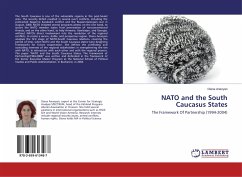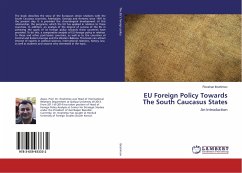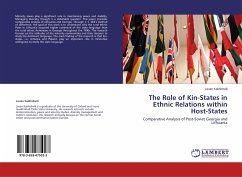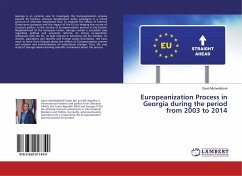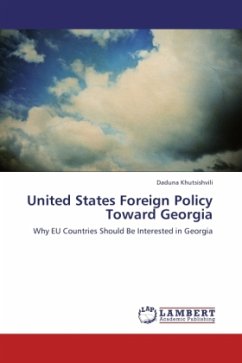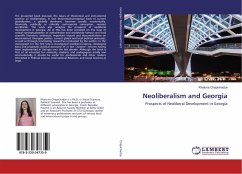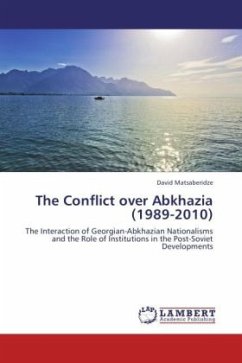The South Caucasus is one of the vulnerable regions in the post-Soviet area. The security deficit resulted in several overt conflicts, including the protracted Nagorno Karabakh conflict and the Russian-Georgian war in August, 2008. NATO initiated several programs aimed, on the one hand, to secure the NATO member states from penetration of nonconventional threats, and on the other hand, to help Armenia, Azerbaijan, and Georgia, without NATO's direct involvement into the resolution of the regional conflicts, to create a secure, stable, and prosperous region. Diana Ananyan analyses the first stage of NATO-South Caucasus relations, covering the period of time, when NATO and the South Caucasus states were designing frameworks for future cooperation. She defines the conflicting and coinciding interests of the regional stakeholders in strengthening the ties with NATO, in interaction with each other and with the regional powers. The paper "NATO and the South Caucasus States: The Framework of Partnership(1994-2004)" was written and defended in the framework of the Senior Executive Master Program at the National School of Political Studies and Public Administration, in Bucharest, in 2004.
Bitte wählen Sie Ihr Anliegen aus.
Rechnungen
Retourenschein anfordern
Bestellstatus
Storno

